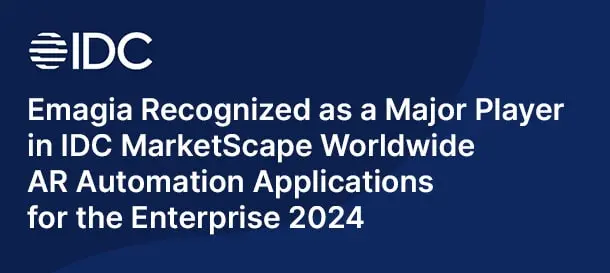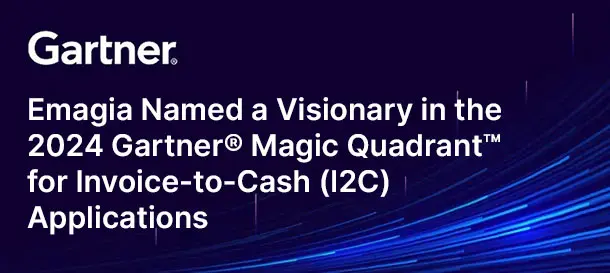In today’s digital world, we are increasingly reliant on various payment methods to make purchases, from online shopping to event tickets and utility bills. However, while these modern payment options offer convenience, many businesses impose additional charges called “convenience fees” when customers opt for these non-traditional methods. But what exactly is a convenience fee, and how can you avoid it? In this comprehensive guide, we will explore everything you need to know about convenience fees, including why businesses charge them, how to spot them, and most importantly, how to avoid them.
Understanding Convenience Fees
A convenience fee is an extra charge that a business imposes when you make a payment through a non-standard method, such as a credit card or online payment system. Traditional payment methods, like cash or checks, typically don’t incur such fees, but when you use an alternative payment method, the merchant often charges a convenience fee to cover the costs of processing the transaction.
For example, when purchasing movie tickets online or paying your utility bill via an app, you might encounter a convenience fee. These fees are often a flat charge or a percentage of the total transaction amount, and they are applied to offset the higher transaction fees that businesses pay when accepting these payment methods.
Why Do Businesses Charge Convenience Fees?
Businesses charge convenience fees to compensate for the additional costs they incur when processing non-traditional payments. The payment processors that handle credit card transactions, for instance, charge businesses a fee for every transaction. This fee can be quite substantial, especially for smaller businesses that lack the volume or resources to absorb these costs.
In such cases, businesses may pass these costs onto consumers in the form of convenience fees. The logic behind this is simple: the merchant offers the convenience of using a more modern, flexible payment method (such as a credit card or online payment portal) and charges a fee to offset the additional processing costs.
Common Scenarios Where Convenience Fees Apply
1. Online Bill Payments
Utility companies, insurance providers, and government agencies often charge convenience fees when you pay your bill online or through other non-traditional methods. While it’s convenient to pay your bills online, this service is not always free, and the convenience fee can add up if you’re not careful.
2. Event Ticket Purchases
Whether you’re purchasing tickets for a concert, sports event, or theater performance, you may encounter convenience fees when buying tickets online. These fees help cover the costs of online ticketing platforms and payment processing systems.
3. Parking Services
Many modern parking apps and services charge a convenience fee for the convenience of paying for parking via an app rather than at a physical meter. While it may seem like a small fee, it can add up over time, especially if you frequently use parking apps.
4. Tolls and Road Fees
Some toll roads and bridges charge convenience fees for electronic toll payments or online transactions, rather than paying in person or via traditional methods like cash.
How to Avoid Convenience Fees
While convenience fees are often unavoidable in certain situations, there are several strategies you can use to avoid these extra costs. Here’s how to avoid paying a convenience fee whenever possible:
1. Use Standard Payment Methods
The easiest way to avoid convenience fees is by opting for traditional payment methods like cash or checks. Businesses typically don’t impose fees for these methods, so you can save money by avoiding the use of credit cards or online payment systems.
2. Pay in Person
Whenever possible, choose to pay in person at the business location. This is especially useful for things like event tickets, where you can avoid the additional charges by purchasing directly from a box office.
3. Opt for Prepaid Cards
Some businesses don’t charge a convenience fee for prepaid card payments. These cards can be loaded with a set amount of funds and used like debit or credit cards, without incurring the same fees.
4. Ask About Fee-Free Options
Many businesses will waive convenience fees if you ask. Some companies offer fee-free payment options for certain methods or under specific conditions, such as paying with a direct bank transfer instead of a credit card.
Legalities of Convenience Fees
Convenience fees are legal, but they must comply with specific regulations. For example, businesses are required to disclose any convenience fees upfront, allowing customers to make informed decisions before completing their transactions. Moreover, these fees cannot exceed a certain percentage of the transaction amount, and businesses must obtain explicit consent from customers before applying them.
Are Convenience Fees the Same as Surcharges?
It’s important to note that convenience fees are not the same as surcharges. While both involve additional costs imposed by businesses, a surcharge is a flat fee added to the price of a product or service, typically related to credit card payments. In contrast, a convenience fee is added for the use of non-traditional payment methods and is generally more specific to the mode of payment rather than the purchase itself.
How Do Convenience Fees Affect Consumers?
Convenience fees can significantly impact the total cost of a purchase. For example, if you’re buying concert tickets online and the convenience fee is 5% of the total price, that’s an extra charge on top of the ticket price. This may lead some consumers to seek out alternatives to avoid these fees, such as finding different methods of payment or opting for businesses that do not charge convenience fees at all.
Is It Possible to Avoid Paying Convenience Fees Completely?
While it’s unlikely that you’ll never encounter a convenience fee, there are ways to minimize your exposure to them. By being aware of where and when these fees are charged, and by using standard or fee-free payment methods, you can avoid unnecessary extra charges and save money in the long run.
Frequently Asked Questions (FAQs)
What is a convenience fee?
A convenience fee is an additional charge that a business applies when a customer uses a non-standard payment method, such as a credit card or an online payment system, instead of traditional methods like cash or checks.
Why do businesses charge convenience fees?
Businesses charge convenience fees to cover the additional costs they incur when processing non-traditional payment methods, such as credit card transactions or online payment systems.
How can I avoid paying a convenience fee?
To avoid paying convenience fees, you can use standard payment methods like cash or checks, pay in person, use prepaid cards, or inquire about fee-free payment options.
Are convenience fees legal?
Yes, convenience fees are legal, but they must comply with specific regulations, including being disclosed upfront and being reasonable in amount.
Can convenience fees be waived?
In some cases, businesses may be willing to waive convenience fees under certain conditions, such as for large transactions or loyal customers.
Are convenience fees the same as surcharges?
No, convenience fees and surcharges are different. A convenience fee is charged for using a non-standard payment method, while a surcharge is an additional charge added to the price of a product or service.
Do all businesses charge convenience fees?
No, not all businesses charge convenience fees. It depends on the business model and the payment methods they accept.
Are convenience fees common in all industries?
Convenience fees are more common in industries where non-traditional payment methods are used, such as online retail, event ticketing, and utility services.
Can convenience fees be negotiated?
In some cases, businesses may be willing to negotiate or waive convenience fees, especially for large transactions or loyal customers.
Conclusion
Convenience fees are a common practice in many industries, but with a little knowledge and planning, you can avoid them or minimize their impact on your finances. By understanding why they exist, when they apply, and how to avoid them, you can make smarter payment choices and save money in the long run. Always be aware of the payment methods you’re using and don’t hesitate to ask about fee-free options to keep your costs down.



